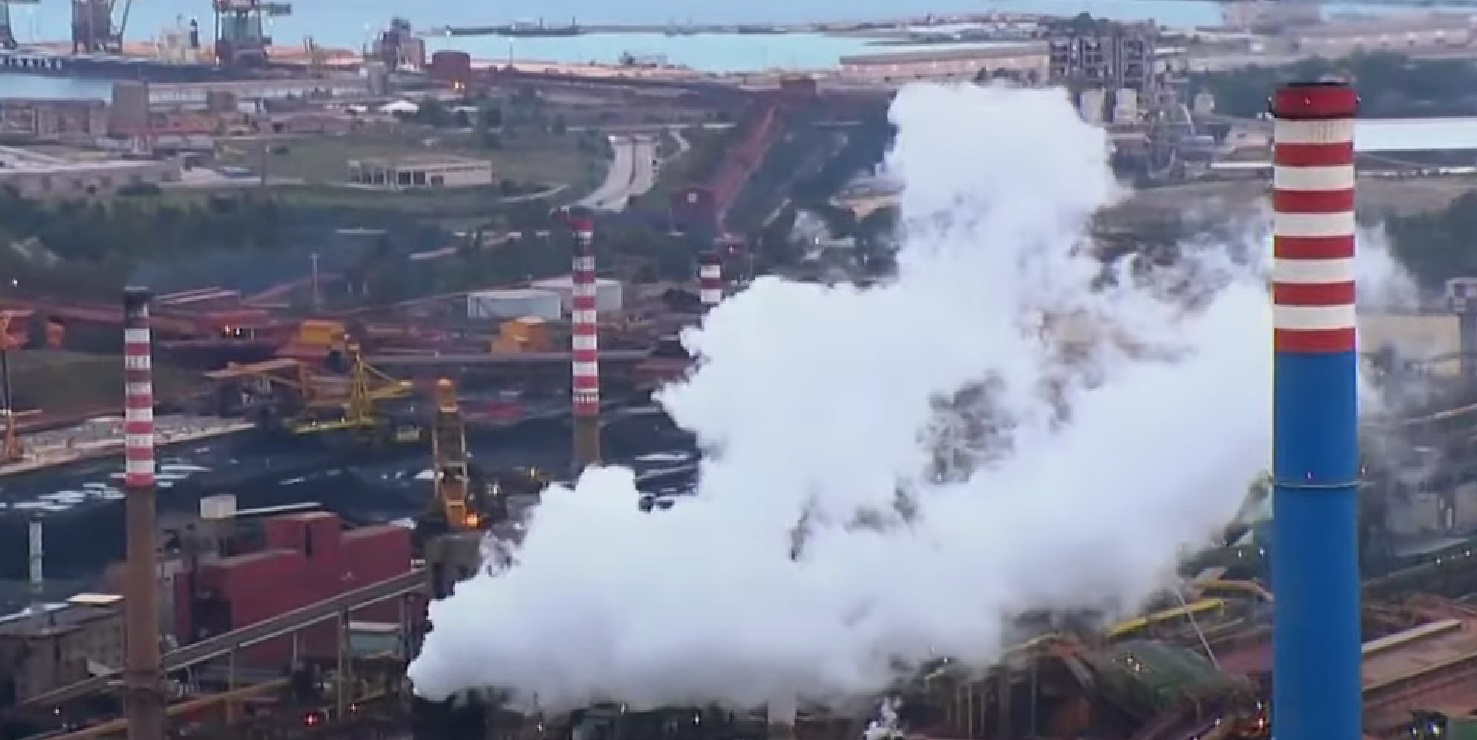Italy
Italy tries to safe its steelworks, but won’t be easy

Ilva, one of the main steelworks in Italy, situated in Taranto, may return to the hands of the state. This time, “in earnest.” At least, what is emerging from the negotiations seems to lend credence to those who have long considered steel to be such a neuralgic sector that it is impossible to abandon, even for the Italian state of recent decades and its objectively ridiculous economic possibilities.
Ilva, the state could control 60 percent
According to ANSA, Italian government proposed a solution for paying debts, keeping the plant open, and also protecting the private shareholder. The first problem is financial resources. And this is where the state could come back into play, taking back 38 to 60 percent of control in Acciaierie d’Italia. In the meeting with Mittal will be Ministers Giancarlo Giorgetti, Raffaele Fitto, Adolfo Urso, and Undersecretary for the Presidency Alfredo Mantovano, while Prime Minister Giorgia Meloni will be absent. At the moment, the company has to deal with the very urgent problem of paying gas supplies to Snam (an ENI-owned Natgas supplier) for figures in the millions that could prevent future supply, although until now the issue has been “interrupted” by the salvific intervention of the Tar, the administrative Italian court.
Unfortunately, Arcelor Mittal has rejected the government’s proposals, at least at this stage. It wants more to let go of a factory that, in any case, is not producing at this time and only incurs costs. The negotiations will continue, but the end is predictable: almost certainly, ILVA will return to public ownership.
Will Italy succeed in managing steel?
The Italian state has owned ILVA before, and the results have not been particularly positive. However, in the last decade, public shareholding has never exceeded 30 percent. Italy could influence the company’s decisions, but it did not make management decisions. The latest mistakes were made by the owner, Arcelor Mittal, the same one who is currently blocking the restructuring.
What will happen with Italian steel? There are those who argue, with good reason, that the sector is too strategic to be abandoned, even for a minimal, weak, penniless state such as Italy in 2024 (and probably, unfortunately, in the future). On the other hand, it is to be remembered that these marked paths were not that much taken into account in the last twenty-five years, since Ilva was in fact privatized with all the disasters that followed, and it does not seem that any particular “resistance” has been shown in these decades. So why should the future be so “certain” and in the opposite direction? And then, above all, the question of questions: but will this state without a penny, apart from a few “remnants” of the past (such as the Cassa Depositi e Prestiti), really be able to maintain Ilva? We shall see, as always, what will happen.






